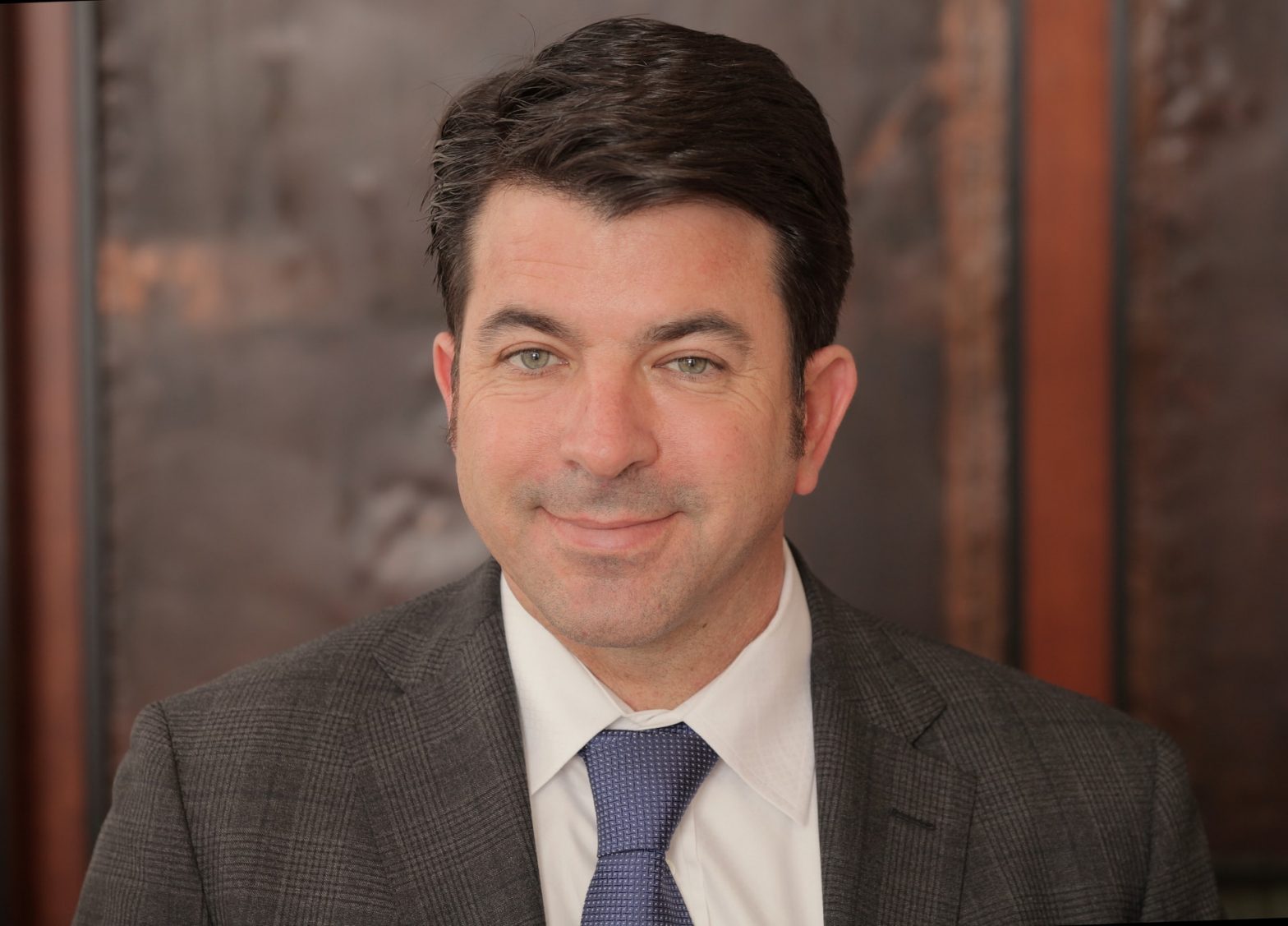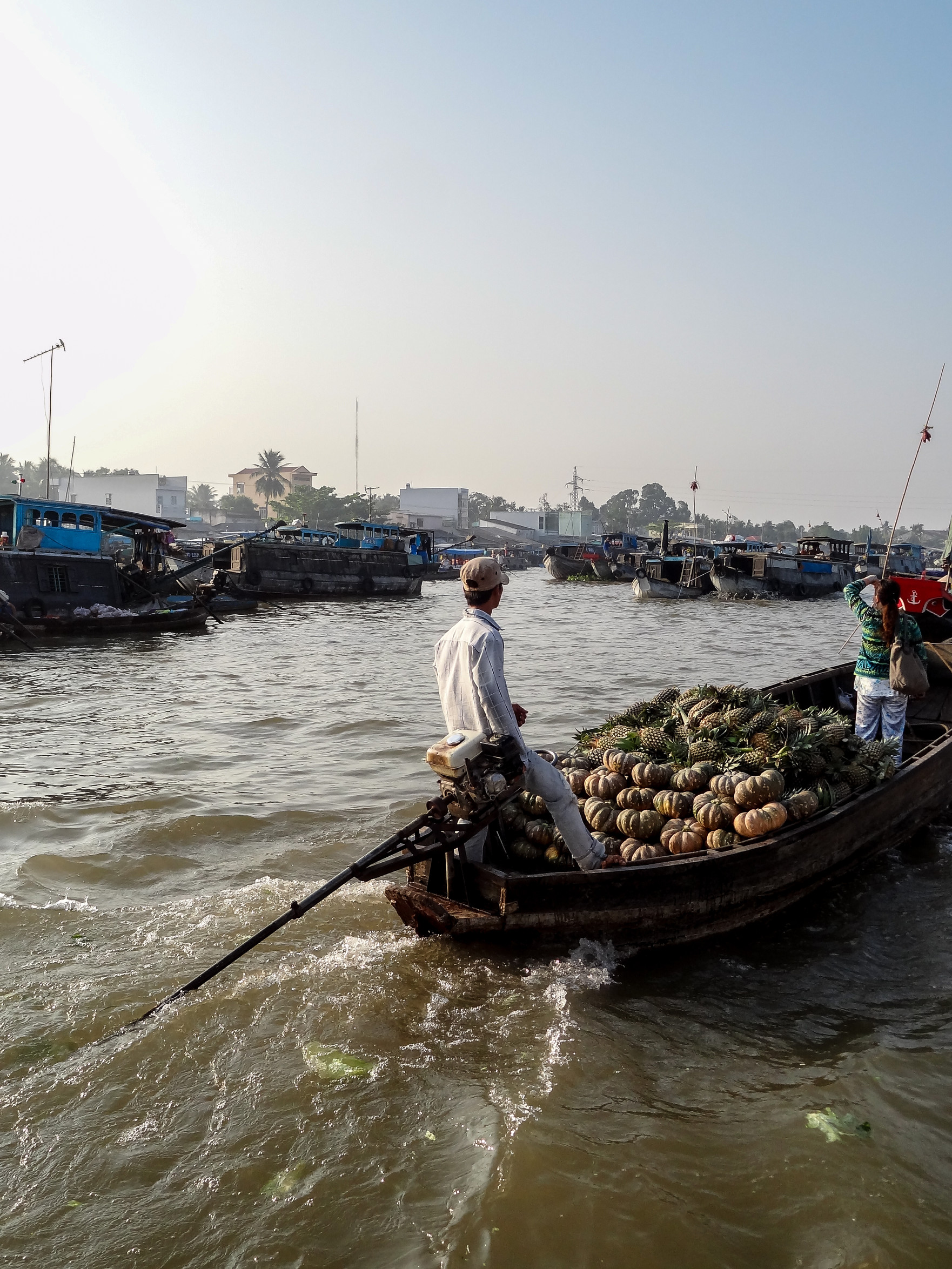
Photo: boltz_headshot_1_cop_mPoIh
Five cities to test new water resilience framework
14 December 2017
by Barbara Szewcow
To help cities better prepare for and respond to shocks and stresses to their water system, professional services firm Arup and The Rockefeller Foundation are set to launch a City Water Resilience Framework (CWRF).
The application and testing of the framework will be done in cooperation with advisory group composed of members of the World Bank, the University of Massachusetts, the 100 Resilient Cities network and Arup. “[Water] hasn’t been previously addressed as an underpinning element of a broader concept of urban growth, sustainability and resilience,” Dr Fred Boltz, CWRF Steering Group Chair, University of Massachusetts Amherst, told Cities Today. “I think this project is really groundbreaking in taking that comprehensive holistic approach to understanding water and informing smart development, related to the changing availability of that vital resource.”
Boltz noticed that traditional water challenges such as unplanned and unstructured urbanisation, ageing infrastructure and inadequate governance of water systems are being compounded by environmental degradation of fresh water ecosystems and climate change.
“Fundamentally we are seeing cities facing a new hydrograph for the 21st century and beyond, not being able to rely upon traditional understanding of how much rain will fall in each year, when seasons take place, and what water quantity and quality might be expected,” added Boltz. “Populations and industries are not prepared for those dramatic shifts in water cycles.”
In order to prepare cities for the water management challenges, the project will consider all elements of the water cycle, and account for changeability and periodic extremes in water related events to approach urban resilience.
The core elements of the framework are universal but can be adapted to particular characteristics of individual cities, and include:
- Infrastructure and ecosystems
- Economic benefits and social integrity
- Health and wellbeing
- Governance and strategy.

“The project is now in its research and development phase,” he said. “We will be partnering with five cities through 2018 to test the framework in distinct and diverse settings, thereby ensuring its general applicability and our ability to tailor it to specific quality and demands.”
The five cities are expected to be announced at the beginning of 2018. Once the diagnostic and plans to support the cities are developed, the project will move to implementation phase.
The framework is aimed at decision makers, city planners, governments, resilience officers and water managers to provide them with a holistic assessment of vulnerabilities, taking account of the entire basin that each city is dependent on.
The project is aligned with The City Resilience Index which articulates the resilience of an urban system in an accessible, evidence-based and measurable way to inform planning, development and investment decisions. The Index has underpinned the 100 Resilient Cities programme, pioneering the concept of resilience worldwide and leading to cities around the world seeking to improve their resilience.








